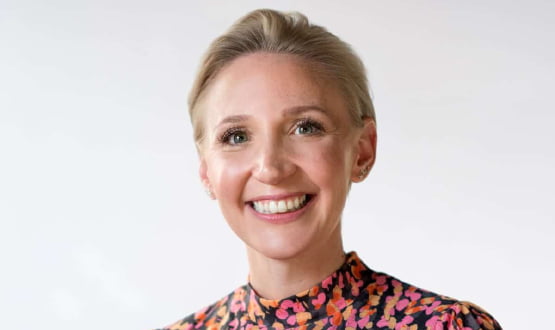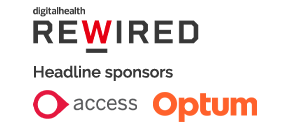Digital Nurse Leadership: Grasping the potential of technology and data to enable person centred practice

We are embarking on a new age for nursing assisted and enabled by technology and data. Many of us are embracing this prospect but others are sceptical and concerned about what this will mean for the future of how we deliver care, particularly the risks of digital exclusion and widening health inequalities. We must ensure that the medium of technology and the power of data is best utilised – that nursing takes the potential of science to enhance the art of practice. Particularly, our ability to personalise care to the individual, family, community and inform how we design services to promote the wellbeing of populations.
The digital transformation agenda in healthcare is moving at a rapid pace. The possibilities of emergent technologies for the enhancement of the quality and safety of care is both inspiring and overwhelming in equal measures. There is a danger that the experts in the technologies, digital system providers and other healthcare professionals will dictate the pace and potential of transformation and as a result, the solutions are not fit for purpose, nor do they serve the people and practitioners who will use them. As a profession we simply cannot allow this to happen. The opportunity for digital to enable us to reconnect with the joy of practice will pass us by and we will lose the trust of our communities, who are increasingly calling on us to be their partners and navigators of care. We must step into places of influence and use our unique nursing expertise to give us the authority to define and shape the agenda rather than it being imposed upon us.
We acknowledge that in order to respond to this impetus for change, the digital literacy of our workforce will require significant development. This begins in the way we educate our pre-registration students and follows through to our established workforce where there is a wide breadth of confidence and trust in the digitally enabled care agenda. In the short term, there is a need for digital nursing leaders who are expert in both the technological opportunities and the ability to translate these into practice. In partnership with Health Education England and CHIME, the Florence Nightingale Foundation (FNF) has been developing these leaders through their Digital Leadership Scholarships. These champions of digitally enabled care will provide the bridge and be a supportive guide to enable those less confident or sceptical to embrace new ways of working. In the longer term, we envisage a time when every nurse understands the potential of technology and data and every nurse considers digital as integral to their practice. We therefore need to support those embarking on a new roles which involve the implementation and role out of digital solutions. Again, FNF has met this need and are providing short programmes, both self funded and sponsored by Systems C for early career digital leaders.
At FNF we also play a part in influencing workforce related policy development. By harnessing the intelligence and expertise of our alumni and membership network to generate evidence and commentary we ensure that the nursing perspective is reflected in the policy making arena. This was the case in the recent Philip Ives Review on preparing the nursing & midwifery workforce to deliver the digital future: the initial findings of which I will be sharing at the Rewired conference next week.
Technology and data has the potential to enable the profession to adopt person centred practice across systems, services and within every care interaction. The outcome of which would be a healthful culture, described as one in which decision-making is shared, relationships are collaborative, leadership is transformational, and innovative practices are supported. Development of a healthful culture has the potential to create conditions that enable human
flourishing for those who give care and for those who receive care (McCormack B, McCance T et al 2021). As nurses it is these conditions that we always have, and always will, aspire to reach. By harnessing digital technology and data science that is achievable.
For more information on FNF, the programmes offered and the policy work we undertake please visit our website www.florence-nightingale-foundation.org.uk



